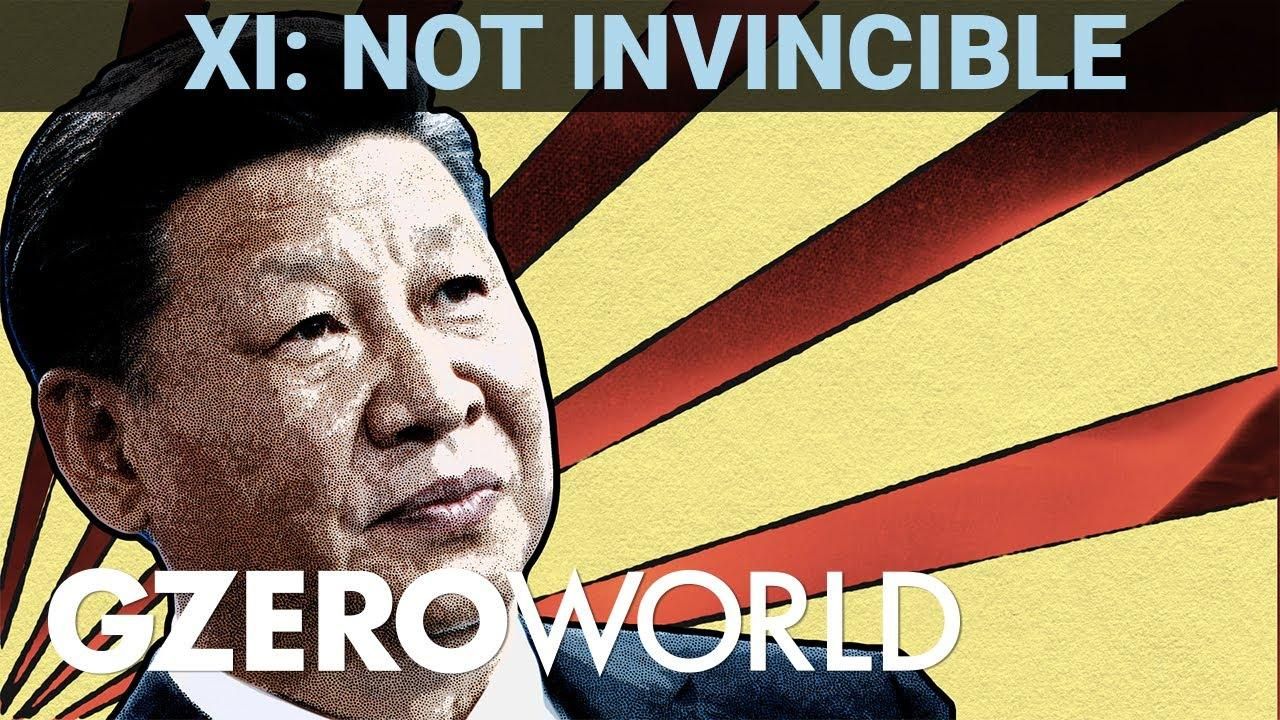GZERO World Clips
2022 showed Xi Jinping is not invincible; 2023 will be "rocky year" for him

2022 Showed Xi Jinping Is Not Invincible; 2023 Will Be “Rocky Year” for Him | GZERO World

What a year 2022 has been for Xi Jinping.
On the one hand, China's leader made clear he's the big boss after the 20th Communist Party Congress. On the other, he's been forced to roll back his zero-COVID policy following protests and the damage to the economy.
What will 2023 hold for Xi?
“It will be a rocky year for China,” former US State Department official Anne-Marie Slaughter tells Ian Bremmer on GZERO World. Moving away from lockdowns was long overdue, but the big problem now is that a large part of the elderly population is unvaccinated.
And it's very striking, she adds, that Xi had to reverse course when he realized he couldn't stop the protests.
For international relations expert Tom Nichols, the experience humbled Xi, whose "regime has been cut down to size." China, he points out, is no longer 10 feet tall like in the early days of COVID but just another government facing the same problems they all did during the pandemic.
In this Quick Take, Ian Bremmer reacts to President Trump’s State of the Union address, calling it “a rehashing of the greatest hits” with little new policy direction.
Small business hiring surged 7% above the 2024 average in December, led by a surprise rally in retail. But with uncertainty still historically high and mounting concerns over tariffs, can this momentum survive 2026? Explore the data behind the resilience of the US small business sector. Get the latest economic insights from Bank of America Institute.